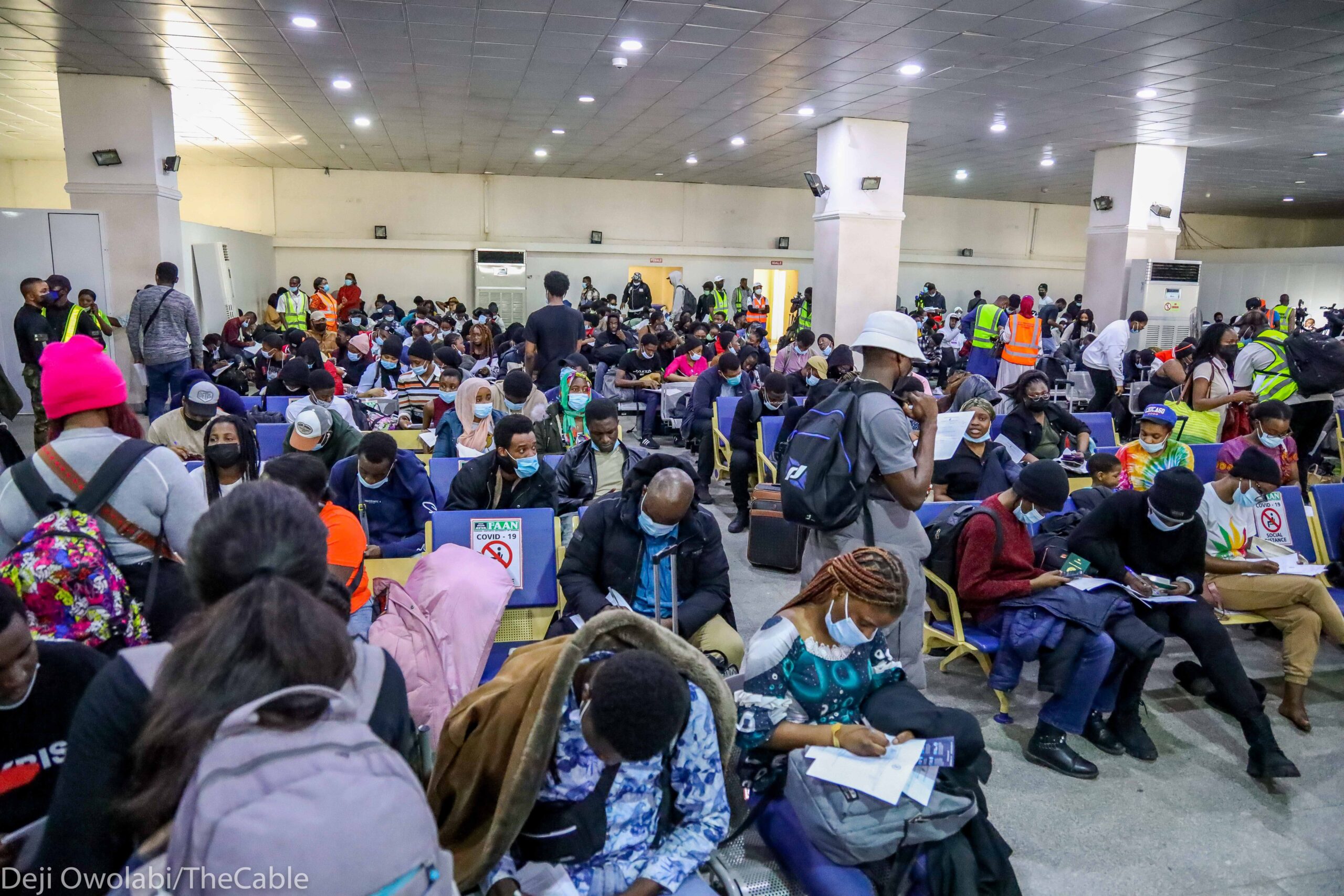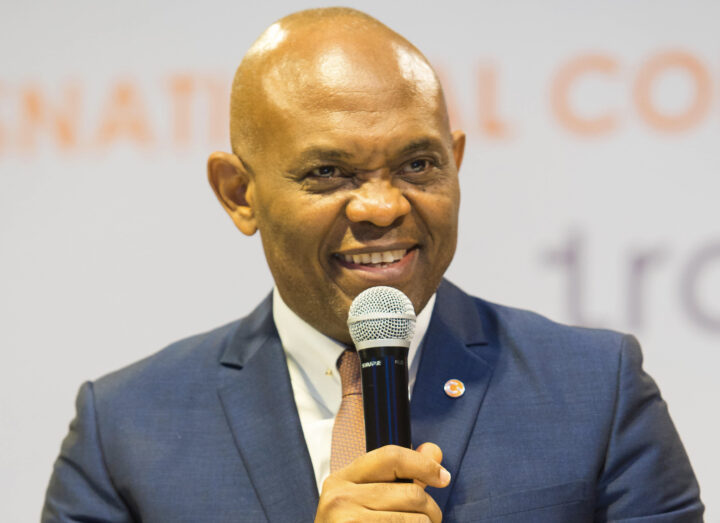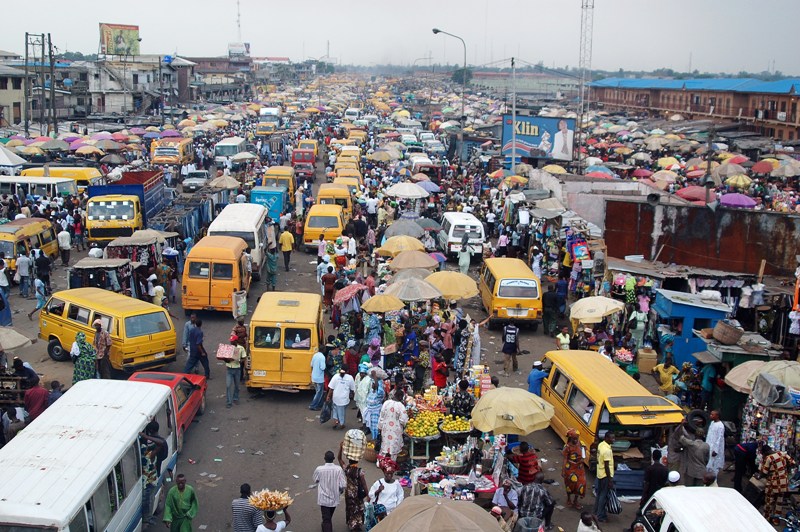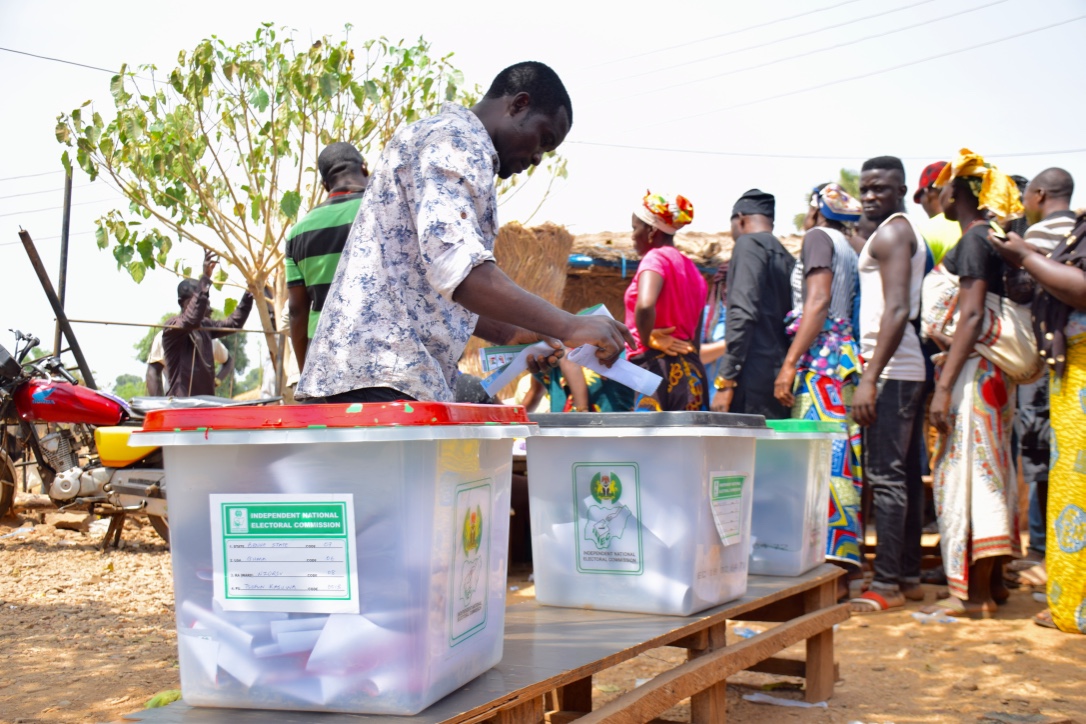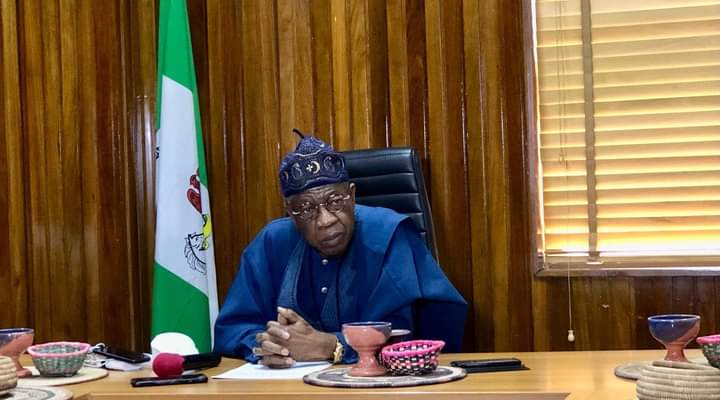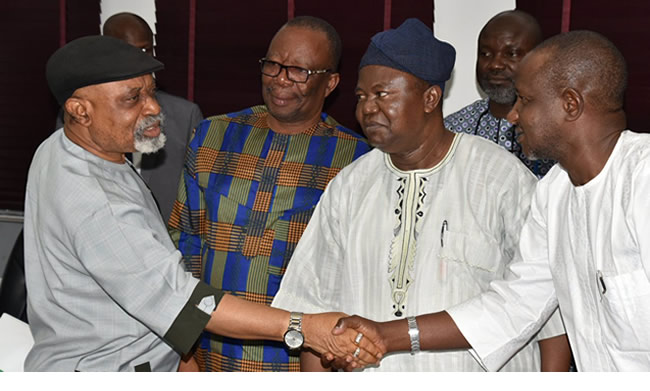BY MAHMOOD NASIR
A few weeks ago, with the war in Ukraine evolving into a global humanitarian crisis, the cruel reality of black residents, especially students, was underlined in the news. As Russia embarked on its invasion, capturing cities and disrupting the social life there, black students found themselves treated differently in fleeing to the borders to cross into neighbouring countries for safety. The students found themselves at the mercy of racism and racially instigated violence, and this was documented by the international media.
Black residents “were told to stand aside as the bus drove off with only Ukrainian nationals on board,” CNN reported on March 4, presenting the case of a Nigerian medical student in Lviv, Rachel Onyegbule, who narrated that “More than 10 buses came and we were watching everyone leave. We thought after they took all the Ukrainians they would take us, but they told us we had to walk, that there were no more buses and told us to walk.” It was brutally traumatizing, and a cry for help.
As Nigerians on social media called on the federal government to intervene, with others disturbed by the slow pace of the responses, Governor Aminu Waziri Tambuwal’s example became a subject of analysis on social media platforms. The Governor, the media reported, responded to assist the students of Sokoto state origin, who are beneficiaries of his scholarship scheme, to leave Ukraine.
Advertisement
But despite the nobility of such effort, a few observers attempted to politicize the intervention. One Uche Okoye on Twitter rushed to share that “There are thousands of Nigerian stranded in Ukraine, you went and picked only people from Sokoto,” and then added, “It is good you prioritised your own, but nobody should hound those who would do the same tomorrow.” While Mr. Okoye attempted to make sense in this tweet, emphasizing Governor Tambuwal’s focus on Sokoto students, he failed to acknowledge that the Governor has jurisdiction and is responsible for the presence of those students in the war-torn country.
But Tambuwal’s response shouldn’t be cited to antagonize the federal government as some have attempted to do. It only complemented and eased the efforts of the federal government, and this would’ve been even easier if other state governors had made similar attempts. While the business of diplomatic engagements of such scale is the business of the federal government, providing support for students from one’s state and under one’s scholarship scheme is a glaring mandate, and this shouldn’t be cited to underline the Governor.
The question Mr. Okoye should’ve asked was “Where are the other state governors?” when Tambuwal intervened to offer support to Sokoto state students, and it’s gathered that it’s not just the 49 Sokoto state students who were supported to flee the war zone. Non-indigenes of Sokoto state were also assisted, and each benefiting student was given a $500 stipend to ease their journey back to Nigeria.
Advertisement
One of the responses to Mr. Okoye’s tweet deconstructed the whole argument. Lekan Adigun, tweeting from @MrLekanAdigun, asked rather rhetorically in a series of questions: “Sokoto State Government sponsored its indigenes to Ukraine on scholarship, yeah? The scholars are the responsibility of the Sokoto State Government, yeah? What’s the big deal here? How is it Sokoto’s fault in making plans to evacuate those they’re primarily responsible for?” This tweet and hundreds of others countered the attempt to politicize Governor Tambuwal’s noble effort.
What, ironically, was intended to be an attempt to undermine Governor Tambuwal’s proactive leadership turned out to be a collective emphasis on his example, one worthy of emulation by other governors. It also emphasizes the burden upon Nigerian leaders, especially those who hide behind the performance of the federal government to escape their responsibilities.
The incident in Ukraine serves another purpose for Governor Tambuwal: it advertises his activities, most of which have been kept out of the news. Such an unintentional media spotlight is even more effective than a carefully-orchestrated media campaign to showcase one’s achievement. Until the incident in Ukraine, none of us knew about his scholarship programmes, let alone be in the know that it spread across Eastern Europe.
Whatever the outcome, Tambuwal’s intervention in Ukraine to help students stuck in a conflict zone is a demonstration of empathetic leadership and responsiveness that’s been missing in our political space. For now, he had jurisdiction and limited resources that won’t allow him to carry out the tasks of the other thirty-five governors and the FCT minister. What he deserves, however, is his accolades for this and other silent achievements in leading by example.
Advertisement
Mahmood Nasir is a writer, public affairs analyst, and good governance advocate. He writes from Abuja.
Views expressed by contributors are strictly personal and not of TheCable.
Add a comment
